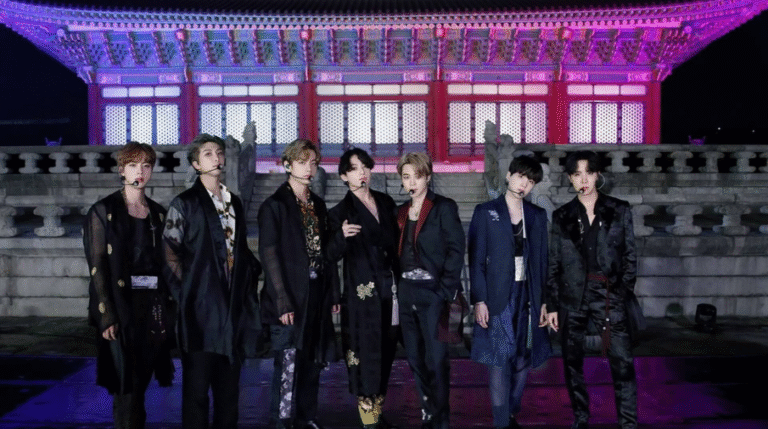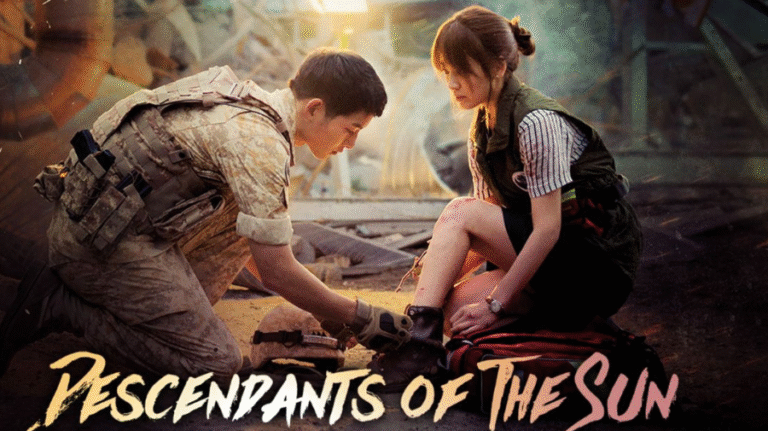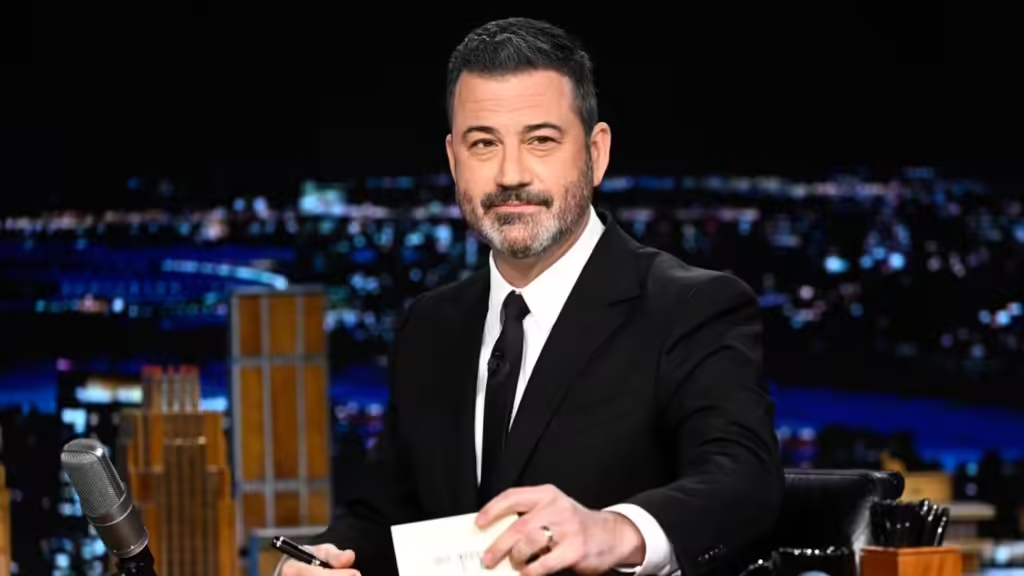
On 17th September, Jimmy Kimmel’s late-night show was thrown off air leaving not just hundreds of people’s lives and livelihood in limbo but also the free speech of the world’s most powerful democratic nation. You may ask why was his show hauled from the broadcast by its channel head, the answer is a single comment passed by the host on Charlie Kirk’s assassination, what can be categorised as trivial political banter, something that all late night shows have been known for since decades.
With its immediate suspension the ruling right-wing party has not only given a glimpse of its glaring hypocrisy but also of its thin skin. The supporters of the suspension have accused Kimmel of mocking a dead man and his legacy, in this instance, a man named Charlie Kirk, who was of very little importance except functioning as a right-wing stooge propagating hate campaigns for the current ruling government.
He was at best a glorified political influencer and a shining beacon of hate speech, something his supporters and beneficiaries have ironically accused Kimmel of. He spewed his bigoted beliefs under the guise of free speech and claimed to stand for it. But his fellow brethren cannot fathom that Kimmel’s indefinite suspension is actually doing a disservice to his memory if they believe he did indeed stand for free speech.
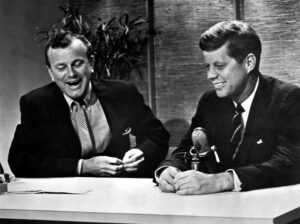 JFK at Tonight Starring Jack Paar, 1959 (image source: historyreader.com)
JFK at Tonight Starring Jack Paar, 1959 (image source: historyreader.com)
CULTURAL RELEVANCE OF THE LATE NIGHT SHOW
Historically, ever since the format of the late night show emerged in the 50s, it has always been focused on politics, satire and grown up talk, hence the term “late night”. The 11pm slot was designated for the pleasure of post-diner adult viewing which meant more culturally relevant, less family oriented and more politically charged content.
The program schedule not only afforded them a liberty that was unknown and unheard of before but also in return gave them a surge of power previously unfamiliar with the medium of television revolutionising the TV and entertainment industry.
While the blurring of the line between entertainment and politics set up in a room that mimics the American living room popularised the format, it was the newfound liberty to mock and discuss whatever was on America’s plate in whatever way deemed fit that helped strike a cord with the American audience. It gained a new layer of importance when Kennedy and Nixon appeared on “Tonight starring Jack Paar” in the 60s when the two were contesting for elections. The late night show became a mainstay fixture in American television and it was clear that its popularity had reached an iconic status that not only provided infotainment to people but also had the power to aid politicians campaign more effectively and sway the public’s opinion in their favour.
TRUMP’S DISMISSAL OF FREE SPEECH
Trump saw a glimpse of the power of the late night show when he first appeared on Fallon’s show in 2016. Fallon ruffled Trump’s hair in what seemed to be blatantly rehearsed beforehand, humanizing him and thereby giving him a seal of people’s unofficial approval for the presidential elections 2 months later. Fallon, later apologized and Trump retaliated in his traditional brand of critique birthed in a vat of acid.
Knowing very well the power the late night show possesses, he now seeks to remove any access for the opposition to voice its stance even if it ensures complete erasure of any late night show and the American values and culture it had represented for decades. The less the people hear about the other side, the more prone they are to forget it even exists.
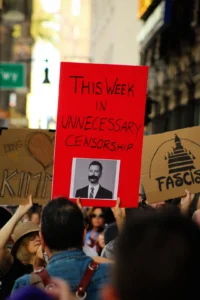 Protests outside Jimmy Kimmel Live (image source: reddit)
Protests outside Jimmy Kimmel Live (image source: reddit)
JIMMY KIMMEL RETURNS: FREE SPEECH RESTORED?
After a lot of backlash from Hollywood celebrities condoning and criticising Kimmel’s suspension and signing an open letter in his support, Disney, the parent company of the channel ABC has decided to bring back the show to its schedule from Tuesday night onwards.
But just because Jimmy Kimmel’s show has been brought back on air, does it mean free speech is restored and it is no longer under a grave threat? Not at all. Disney decided to bring back the show only because their stock plummeted and they suffered a financial loss not because they care about the constitution or the rights of the citizens.
After the suspension, Trump had not only celebrated Kimmel’s suspension but also lashed out at other late night hosts, Seth Meyers and Jimmy Fallon, calling them losers and urging for their show to be cancelled as well. ABC had replaced Kimmel’s slot with a tribute to Kirk owing zero allegiance neither to hundreds of employees who worked for the company for years nor to the constitution.
The whole fiasco does not just expose how fickle the nature of entertainment business is but also how politics is business and democracy is a sheep that can be thrown out and sacrificed at a minute’s notice for monetary gain.
When the leading superpower of the world restricts the space in which its citizens can exercise their rights, it sets a concerning precedent for others to follow, especially given the soft power and cultural influence the United States holds. In doing so, it also risks distancing itself from the political and socio-cultural values it has long claimed to represent.
The precedent being shaped by a leader with increasingly autocratic tendencies should not only be acknowledged and carefully critiqued but also thoughtfully challenged. After all, democracy has always drawn its strength from the room it allows for disagreement and preserving that space is essential to its survival.
When everyone’s talking about it and you want to know the truth, dive in at The World Times.

